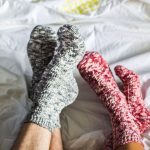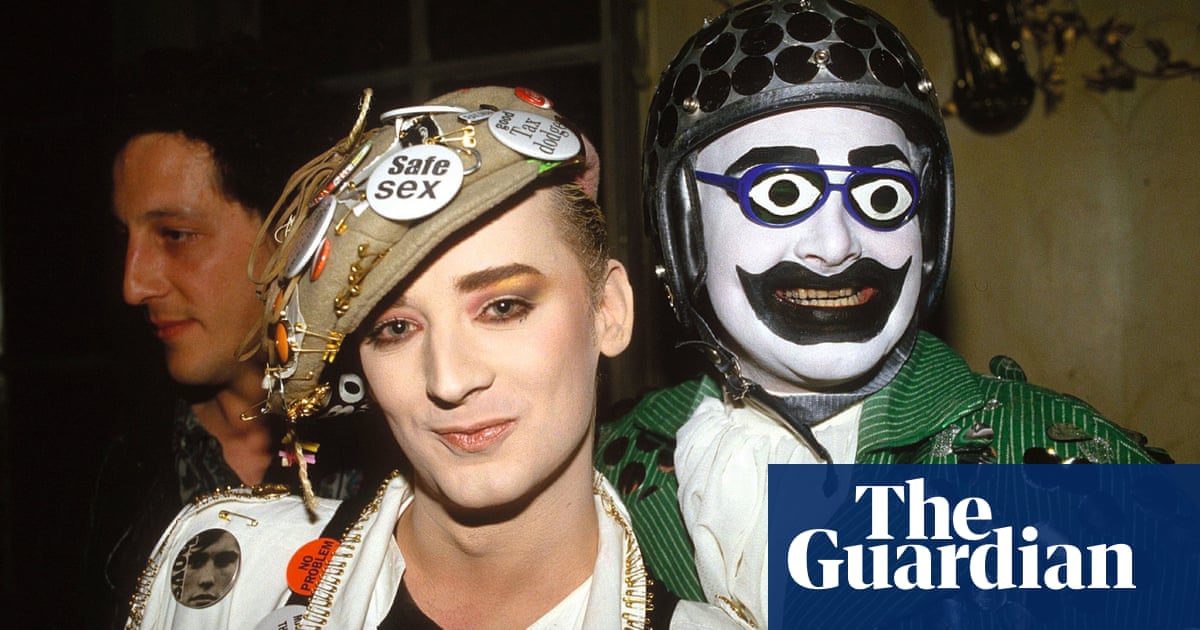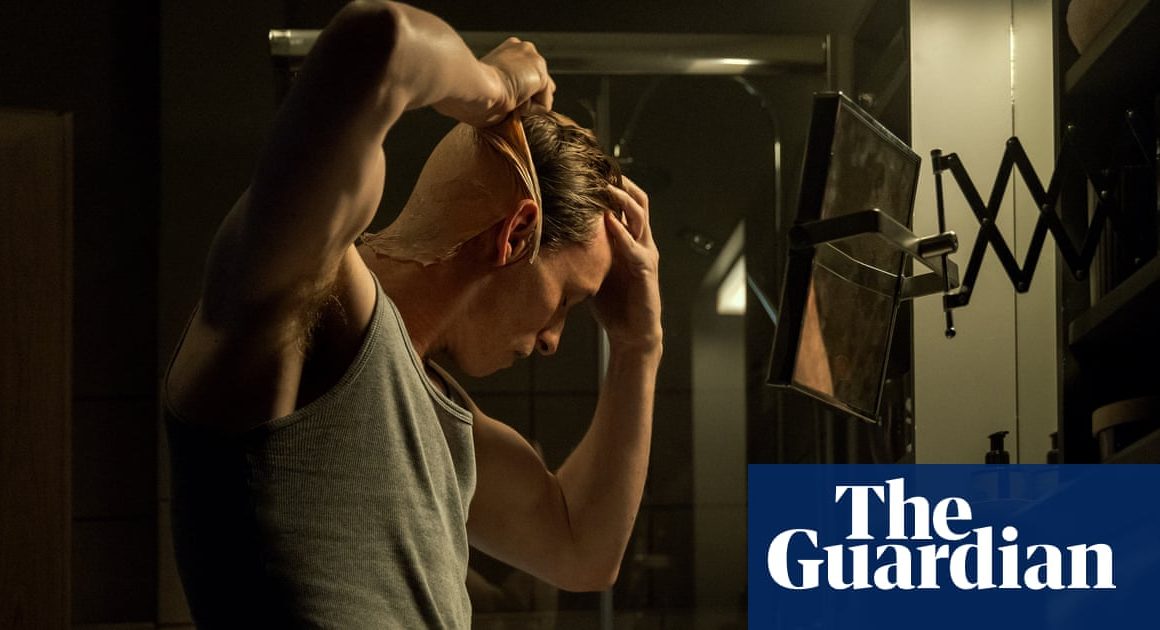With ITV’s drama Joan on our screens and the bubble skirt back on the catwalks, the 80s are once again having a moment. An exhibition at London’s Fashion Museum, Outlaws: Fashion Renegades of 80s London, takes a different look – by going deep into the creative explosion on the dancefloors of the decade.
It focuses on Taboo, a London club that lasted barely a year but was pivotal in the careers of people including the singer Boy George, the designers John Galliano and Katharine Hamnett, the choreographer Michael Clark and the performance artist Leigh Bowery, who started the club in 1985.
The exhibition charts the rise of this cohort, from bedsits (the first room is papered with the Star Trek wallpaper that Bowery had in his flat) to national TV. A section upstairs focuses on outfits created for acts such as Culture Club, Dead or Alive, Neneh Cherry and Bros to wear on Top of the Pops.
Bowery was a performance artist who made his reputation with increasingly outlandish outfits worn at Taboo and other clubs. He was painted by Lucian Freud, starred in an episode of The Clothes Show in 1986 and appeared in the window of the Anthony D’Offay gallery every day for a week in 1988. He looms large in the exhibition – and he is the focus of wider cultural interest, with an exhibition of his work planned at Tate Modern in February. There are numerous designs by Bowery here that have not been seen before, including a corseted dress he made for his friend Sue Tilley.
NJ Stevenson, a co-curator of this exhibition, argues that the interest in Bowery is down to his desire for the extreme. “In club culture, the look is everything,” she says. “Nobody did more to push the boundaries than Leigh. There were lots of other people doing it as well, but he had this wild, competitive spirit, which meant that he would always do one better.”
She emphasises that this exhibition goes beyond Bowery to the wider scene. There are paintings by his flatmate Trojan, owned by Peter Doig, a “dancefloor” of mannequins dressed as different characters often found at Taboo, including the designer Pam Hogg, and a room of photographs of clubs including Taboo, Limelight and Shoom.
Stevenson has co-curated this exhibition with Martin Green, who also works as a DJ, and David Cabaret, a nightclub personality. She was influenced by her own relationship to nightclubs. “My generation were the ones sitting at home watching Top of the Pops on the Thursday nights,” she says. “At that point there wasn’t huge accessibility if you were a young kid living in the provinces.”
She says the growth of youth TV with programmes such as The Word and The Clothes Show fed off what was happening in clubs and made it more mainstream. “Caryn Franklin [The Clothes Show presenter] used to go to Taboo. She used it as an extension of work, she would go there from the office to go and to see what people were wearing … Clubs were really people’s social media at that point. They met up every night to find out what was going on.”
Even in the age of social media, Stevenson sees parallels between the 80s generation of creatives and those now. “This is very much a story of London art schools, and I think there is a bit of renaissance now with London art schools, finding places to exhibit their work and making little clubs,” she says. “There’s so very little money around. If you’re not privileged, you have to find other ways – which is exactly what they did in the 80s.”










